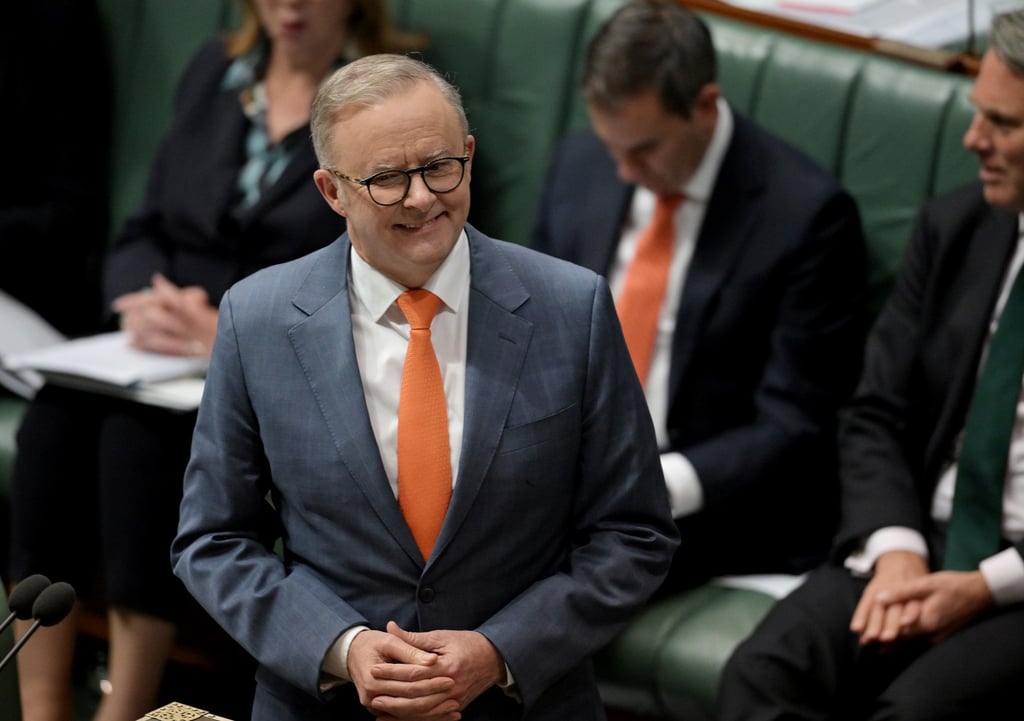Australia’s plan to ban children from social media proves popular and problematic
There is widespread backing for the law that would fine platforms for systemic failures to prevent young children from holding accounts

How do you protect children from the harms of social media? Politically, the answer appears simple in Australia, as legislation tackling the problem moves quickly through the Parliament. Practically, however, the solution could be far more difficult.
The Australian government’s plan to ban children from social media platforms including X, TikTok, Facebook and Instagram until their 16th birthdays is politically popular. The opposition party says it would have done the same after winning elections due within months if the government had not moved first.
The leaders of all eight Australian states and mainland territories have unanimously backed the plan, although Tasmania, the smallest state, would have preferred the threshold was set at 14.
But a vocal assortment of experts in the fields of technology and child welfare have responded with alarm. More than 140 such experts signed an open letter to Prime Minister Anthony Albanese condemning the 16-year age limit as “too blunt an instrument to address risks effectively.”
Australia’s House of Representatives on Wednesday passed a bill that would ban children younger than 16 years old from social media. That leaves it up to the Senate to finalise the world-first law.

There’s widespread backing for the law that would make platforms including TikTok, Facebook, Snapchat, Reddit, X and Instagram liable for fines of up to 50 million Australian dollars (US$33 million) for systemic failures to prevent young children from holding accounts.
